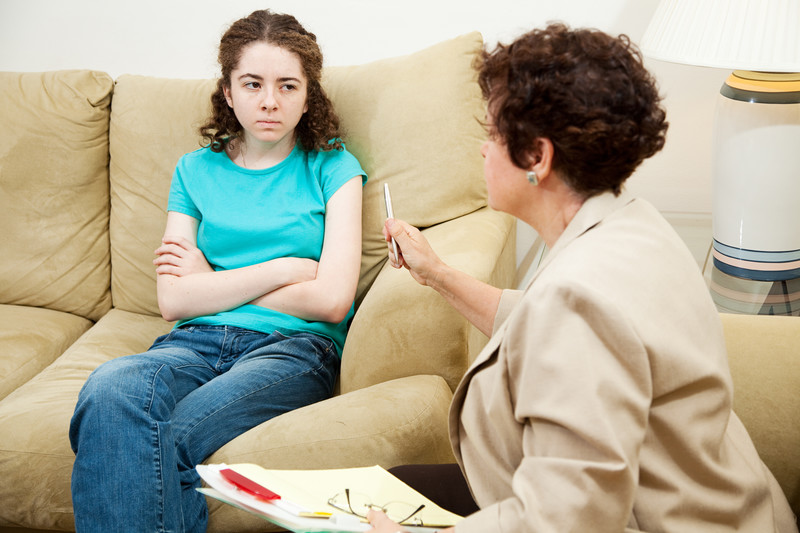Getting children to go to therapy can be a real challenge for some parents. Not only does a son or daughter need some extra help in dealing with his/her emotions, but therapy sessions can be painful or awkward and make kids feel like they’re even more of a misfit when they may already be struggling with some self-esteem issues. If your child is resistant to therapy, puts up a fight, or even refuses to go, here are some strategies to help the process be a positive one.
Be Honest & Up Front
Some parents make the mistake of tricking their child into going to therapy; they don’t tell him/her where they’re going until the car pulls into the lot. Avoid doing this! No one likes to be fooled, and this can automatically create a sense of distrust between the child and the therapist (not to mention the child and the parent). Don’t try to hide the fact or keep it a secret that your kiddo is going to talk to someone who can help him/her feel better or deal with the hard things they are going through.
Don’t Frame Therapy as a Punishment
“If you keep that up, you’ll have to go back to your counselor!” In a moment of frustration, have you ever said like this to a son or daughter? If so, please don’t repeat it! If the experience is going to be a productive one for your child, avoid referring to it in terms that make it seems like a punishment for bad behavior. Sometimes we need extra help and a therapist is a great person to help both the child and the parent! A better way to express this could be, “Wow, we had a tough day today. I think we should talk to our therapist to learn a better way to help our mad feelings”. When speaking about therapy, do so in a way that normalizes it and makes it seem like a positive; perhaps say something like, “Lots of people go to a therapist to talk about their worries and learn better ways to manage their feelings. I think this could really help everyone in our family”.
Engage (Privately) With the Therapist
It’s not uncommon for a parent to drive a kid to an appointment, drop him/her off, and then return an hour later…all without ever speaking to the therapist about how sessions are going. Although you’ve (hopefully) done your research and have found a trusted mental health professional to work with your child, you still need to keep abreast about what’s going on. Speak with the therapist about topics covered, progress made, and any specific areas of concern, but also do so with discretion. Do not speak with the therapist and report all of the negative events happening in the presence of your child; it’s embarrassing for him/her to hear you talk in detail about all their issues. They may also believe that they are in trouble or their therapist won’t like them if they know how “bad” the child has been. A better thing to do is to schedule an appointment to talk with your child’s therapist and ask to have a monthly parent check-in time. This is a great way for parents to have their concerns and worries heard and where you can speak candidly, ask questions, and get some parenting advice.
What have been your experiences taking kids to therapy?
Any other ideas about how to make it positive for them?


Being involved with the therapist and respectful of your child is a good rule of thumb. I’ve had a roommate who got counseling as a teen. She told me that it helped her feel more comfortable when her mother would take her to meet the therapist before becoming a client.